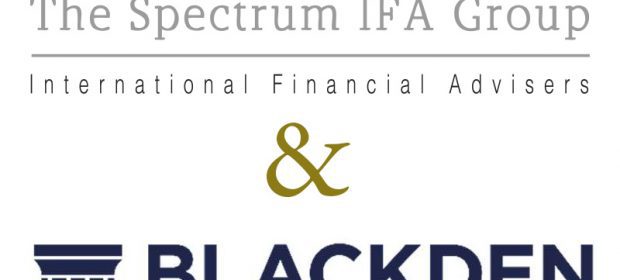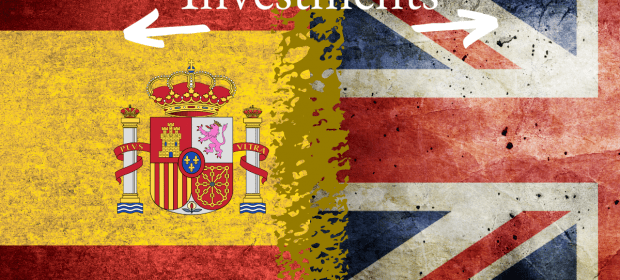One of Europe’s leading expatriate advisory companies today announced the acquisition of a 50% shareholding in Geneva based financial planners Blackden Financial, the transaction having been concluded on Friday following discussions which began last year.
The move forms part of Spectrum’s ongoing strategic growth in Europe and expands its existing Swiss operation based in Lausanne. Blackden’s name, office and personnel will be retained.
Spectrum, established in 2003, specialises in financial planning for English speaking expatriates across Europe, operating from twelve regional offices in France, Spain, Switzerland, Italy, Belgium and Luxembourg. Blackden (also founded in 2003) operates exclusively in Switzerland from its central Geneva premises, providing investment, pension and savings solutions to a predominantly high net worth expatriate client base.
Spectrum Director, Chris Tagg, commented “Having observed Blackden Financial’s success over many years, we recognise the team’s disciplined advice process, high professional standards and commitment to long term client service. We are pleased to be investing in a company, and in people, knowing that the essential features of good business practice are already in place. We look forward to continuing the growth of our expatriate financial planning services across Switzerland.”
“The stake in Blackden allows Spectrum to further develop its Swiss based expatriate investment and tax planning capabilities, whilst giving Blackden access to locally compliant solutions in some of Spectrum’s EU markets including France, Italy and Spain.”
Chris Marriott, founder and CEO of Blackden, added “Having specialised in advising Swiss based expats for the last 17 years, we are delighted to complete this deal, which complements and strengthens our presence locally, and look forward to Spectrum’s involvement in the next phase of our business development.”
Michael Lodhi, Spectrum’s Chief Executive Officer and co-founder said “I have known Chris Marriott for more than 15 years, we were instrumental in the creation of The Federation of European Independent Financial Advisers (FEIFA) and I am delighted that we can now work together on a commercial basis.”


















